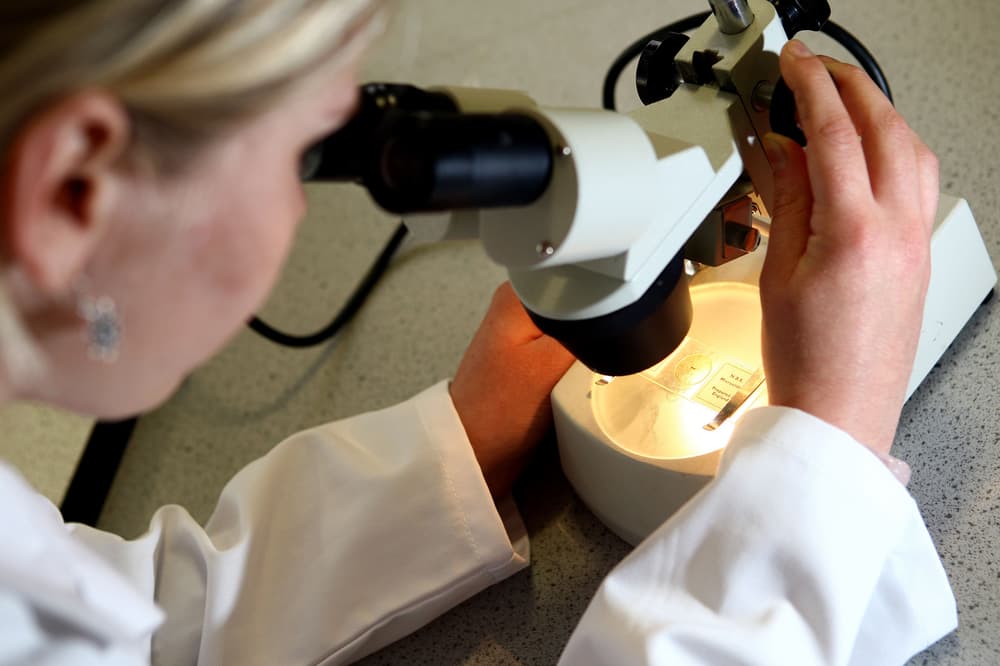Breakthrough Discovery: Targeting Pancreatic Cancer with New Drug Research

Scientists may have found a way to halt pancreatic cancer with a new drug target, offering hope for better survival rates.
New Hope in the Battle Against Pancreatic Cancer
A team of scientists has discovered a potential target for drug treatments that could halt pancreatic cancer in its tracks. This breakthrough brings a glimmer of hope for the nearly 11,000 individuals diagnosed with this formidable disease annually in the UK.
Understanding the Challenge
According to a recent audit, a staggering 62% of pancreatic cancer patients in England and 65% in Wales are diagnosed at stage four, when the disease is notoriously difficult to treat. Survival rates remain distressingly low, with only about 22% of patients in England managing to survive for 30 days post-diagnosis.
Targeting SPP1: A Game Changer?
The study focused on pancreatic ductal adenocarcinoma (PDAC), the most common and aggressive form of this cancer. Researchers found that blocking a protein known as SPP1 could significantly curb cancer spread and improve survival rates in laboratory experiments. By analyzing genetic data from 644 patients, they discovered increased levels of SPP1 in advanced stages of the disease, correlating with poorer patient outcomes.
Promising Research Ahead
In laboratory settings, mice without the SPP1 gene showed a remarkable survival rate of 20% up to 400 days, compared to none in the control group. This finding opens up new avenues for drug development aimed at targeting SPP1 specifically, potentially offering better treatment options for patients grappling with this devastating diagnosis.
A Call for Action
Experts emphasize the urgent need for new treatments, as over half of those diagnosed with pancreatic cancer succumb within three months. As the research progresses, the hope is that it leads to effective drugs that can provide much-needed options for patients facing this challenging condition.
Note: This article was generated by an AI system. While it is based on verified sources, accuracy cannot be guaranteed. Please use your own judgment when interpreting the information. If you notice any clear errors, please contact us.


